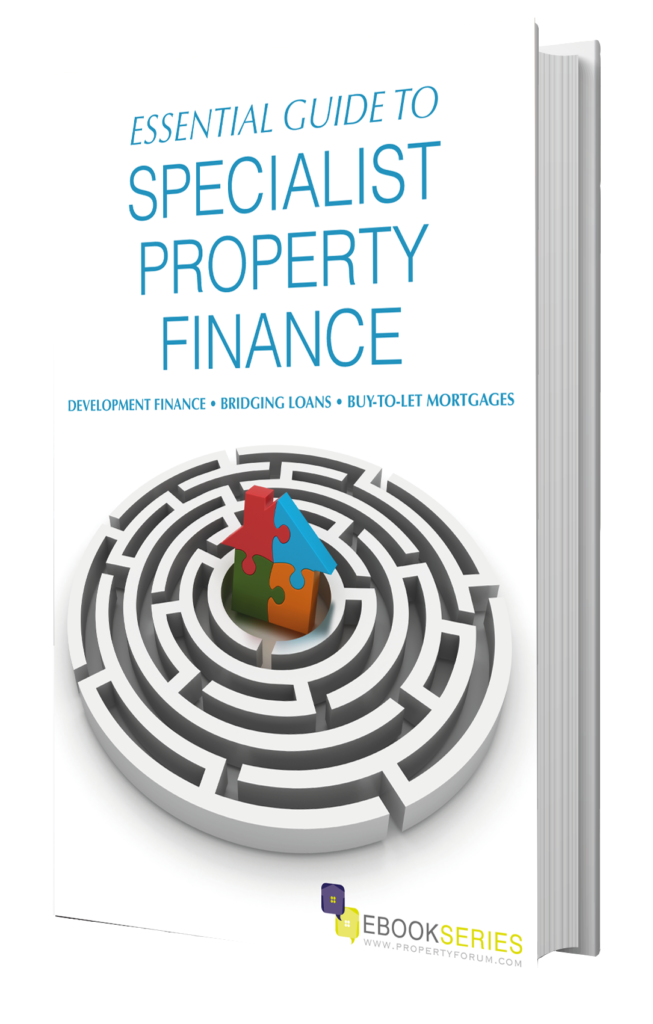Email: info@propertyforum.com
Getting the right property finance in place is vital to ensuring your property investment and development success. With so many types of property finance available (including development finance, bridging loans, HMO mortgages, commercial mortgages, and buy-to-let mortgages), it can be confusing to understand which type of property finance is right for your specific project. That’s where it’s essential to speak to a ‘whole of market’ broker that specialises in property finance.
Property Forum can put you in touch with our recommended, market-leading property finance broker who will be very helpful in helping you understand your options. Simply click the link below and we’ll connect you today.

Standard or Complex buy-to-let mortgages
Standard buy-to-let mortgages are used by landlords or property developers of all sizes and experience to fund the purchase and/or redevelopment of a property they intend to rent out. The rent charged to tenants is then used to pay the mortgage.
Some buy-to-let mortgages are interest-only but not all. As they are more specialist than residential mortgages, they tend to have a few differences from standard mortgages such as;
Complex buy-to-let mortgages are sometimes required for circumstances that are a little more out of the ordinary than standard buy-to-let property investment. These include Houses in Multiple Occupation (HMOs), holiday lets, Multi-Unit Freehold Blocks (MUFBs) and commercial property.
Not every person or business is the same, and when applying for a mortgage, any unique circumstances can make it harder for an application to be accepted. Like buy-to-let mortgages, your application can be judged on how strong your business case is and whether your rental income can cover the mortgage payments.
Things to remember with complex buy-to-let mortgages include:
If you are unsure which type of mortgage is right for your situation, or you want to understand the exact costs and criteria involved with a specialist mortgage, simply arrange a call with our recommended property finance broker by clicking the link below.

Bridging loans are a unique type of property finance that effectively help people ‘bridge’ a financial gap. Bridging finance can be arranged on a relatively short notice period (which is helpful when an investor or developer has a deadline to meet, such as buying a property at auction). These loans are short term and interest-only. They are often used to fix a broken property chain or buy an ‘unmortgageable’ property to undertake refurbishment work, but they can be used for many other reasons including;
To check the eligibility criteria for a bridging loan (and the information you would need to prepare to apply for one), click the link below to speak to a property finance specialist.

Development finance is a loan used for the development or refurbishment of residential, commercial or mixed-use properties. It is usually specifically for experienced builders and developers so that they can raise the funds needed for their project. Specialist development finance lenders will take the future value of the property (known as the Gross Development Value (GDV)) into consideration when agreeing to a loan. Key things to remember with development finance are:
Find out whether you have the experience needed (and whether your project criteria is suitable) for development finance, by booking a call with a specialist property finance broker through the link below.

Written by our property finance partner, this detailed guide walks you through the common types of property finance available on the market today, explaining what types of project you can use each one for, and even including some helpful case studies. It’s essential reading to get your property finance knowledge up to speed and to understand which property finance option might be best for your next project.
✓ Buy-to-Let Mortgage Finance
✓ Complex Buy-to-Let Mortgages
✓ Mortgages for Houses in Multiple Occupation (HMOs)
✓ Mortgages for Holiday Lets
✓ Commercial Mortgages
✓ Bridging Finance
✓ Development Finance
✓ How to access and apply for specialist property finance
✓ Understanding which type of finance is most suited to your situation
✓ Example case studies of different types of property finance

